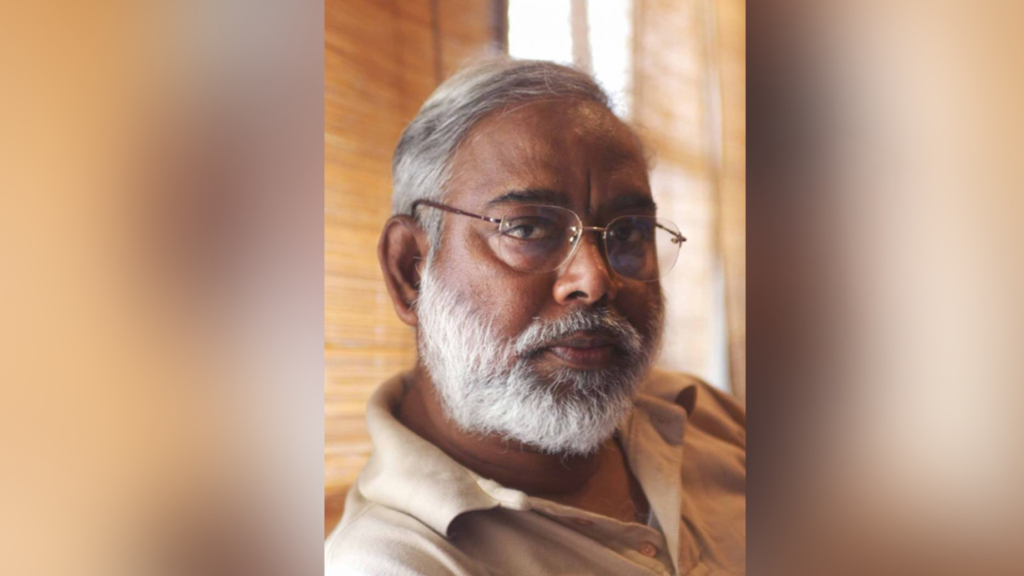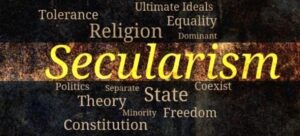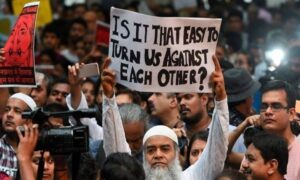A week after the results of the 2024 general elections, on 12th June, four Christian families were viciously attacked by a mob of religious extremists in a village in Chhattisgarh. Two victims lost consciousness during the attack, and three required hospitalisation, including one with a broken leg. Since 2023, Christians in this village have endured sporadic aggression amid inadequate police protection. Religious extremists, a polite way of saying informal members of the Sangh Parivar, have demolished field walls and destroyed crops, worth lakhs of rupees, belonging to the Christians.
Following the recent attack, the assailants issued death threats, demanding the victims to denounce Christianity or face severe consequences. Fearing for their lives, the families fled the village. These Christians live in fear and are compelled to flee their homes for exercising their constitutional right to freely worship.
According to data collated by the Delhi-based United Christian Forum, UCF, the post-election results period has seen a significant increase in violent incidents targeting Christians across India. The total now stands at 23 cases and counting.
.
Hubris may have demanded its toll from the man who said he thought he was possibly of divine birth, set on earth to live out his destiny as India’s saviour. But the cutting down to size of Mr Narendra Modi, now prime minister of India for the third time with a vastly reduced strength in Parliament, and with two major fiercely demanding coalition partners as his crutches, is not going to relieve the pressure on religious minorities, both Muslims and Christians.
The violence on the eve of the Bakr Eid, including demolition of Muslim houses by governments in several states saying the residents had beef in their kitchens, indicates that freedom for religious minorities is still up in the air.
A wide swath of the country is almost entirely saffron. Uttar Pradesh, the largest state in India, has seen the maximum persecution of Muslims and Christians under BJP rule. The BJP also has absolute control over the main central Indian states of Madhya Pradesh, Orissa and Chhattisgarh which are home to a pretty large number of Christians, and of Gujarat and Bihar which have sizeable Muslim populations.
The BJP in Madhya Pradesh is now in power for over 20 years straight. The police in these states and government employees, teachers and other staff, have been recruited for their political background, and further trained in the Sangh doctrine. They will be a challenge.
In the words of activist Harsh Mander, a prominent target of the regime, the “election results of 2024 have not erased the dangers of fascism. The cadres of the Hindu Right remain powerful and motivated.”
(John Dayal is an Editor, occasional documentary maker, and human rights activist. Article courtesy: Mainstream Weekly. Mainstream is a current affairs weekly published from New Delhi, was founded in 1962 by the doyen of Indian journalism, Nikhil Chakravartty, who played an exceptional role in defence of press freedom through the columns of this journal. It is now an online weekly edited by Sumit Chakravartty along with Harsh Kapoor, the Executive Editor.)



